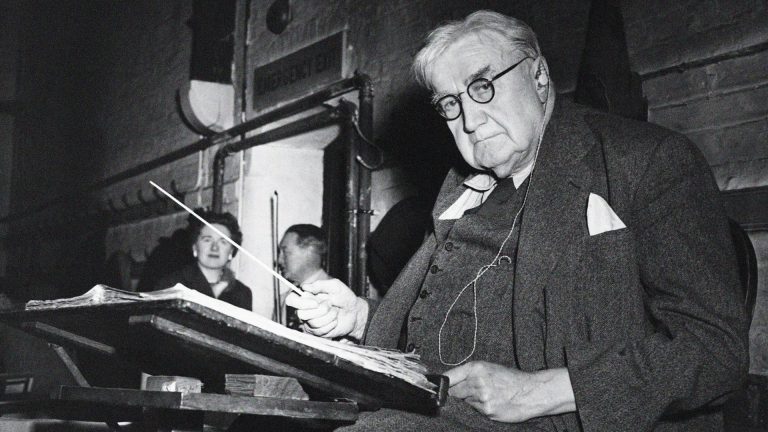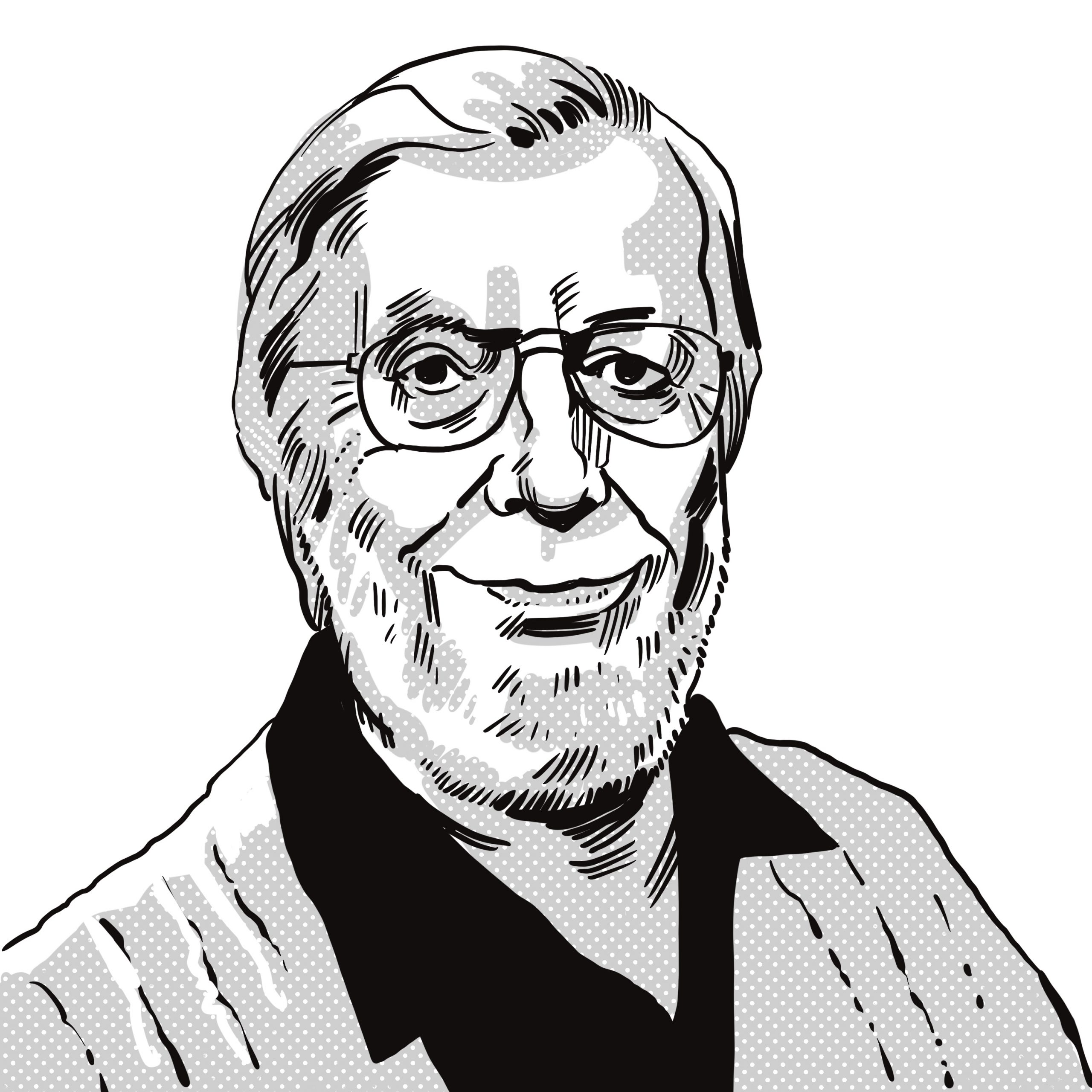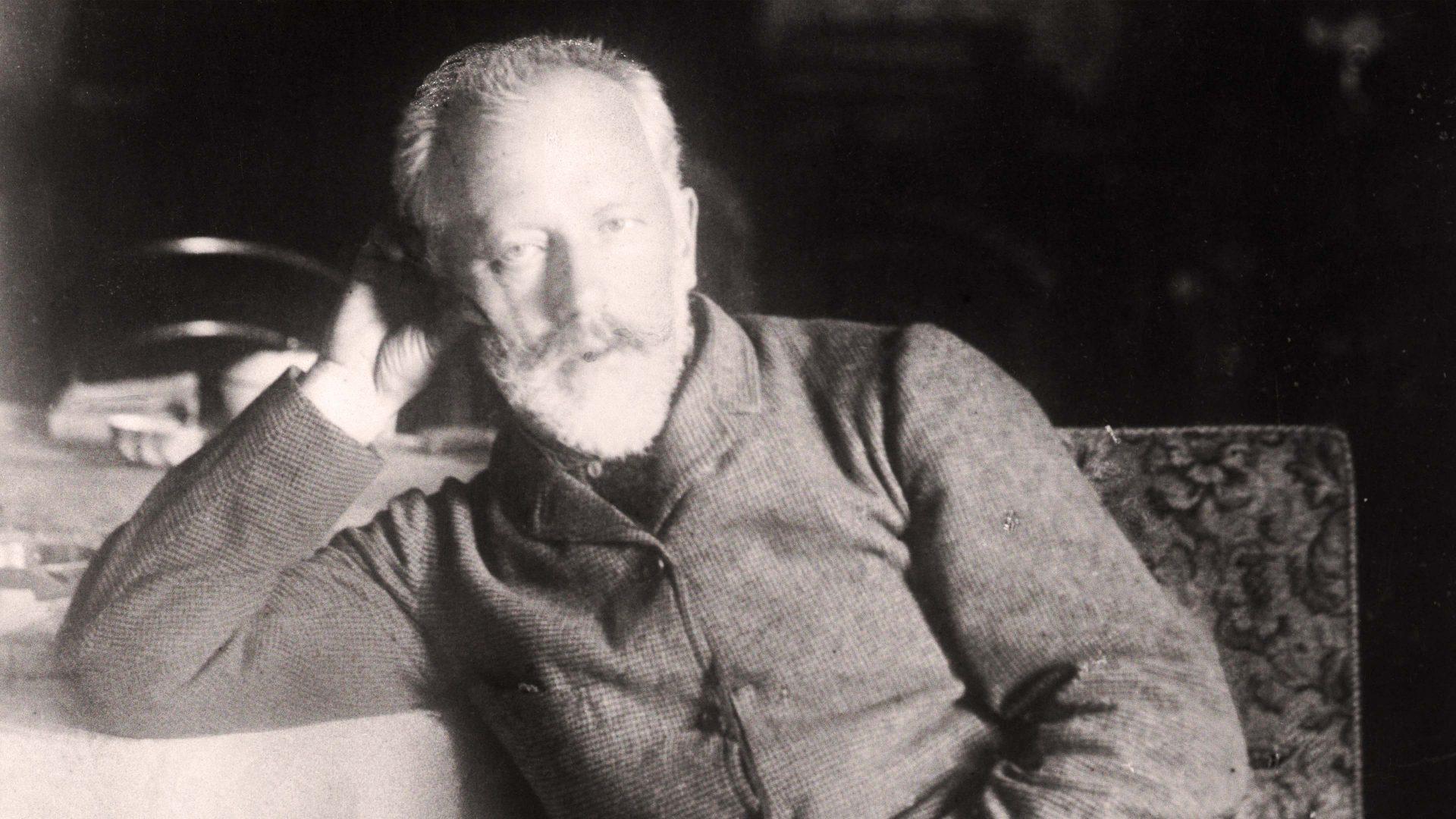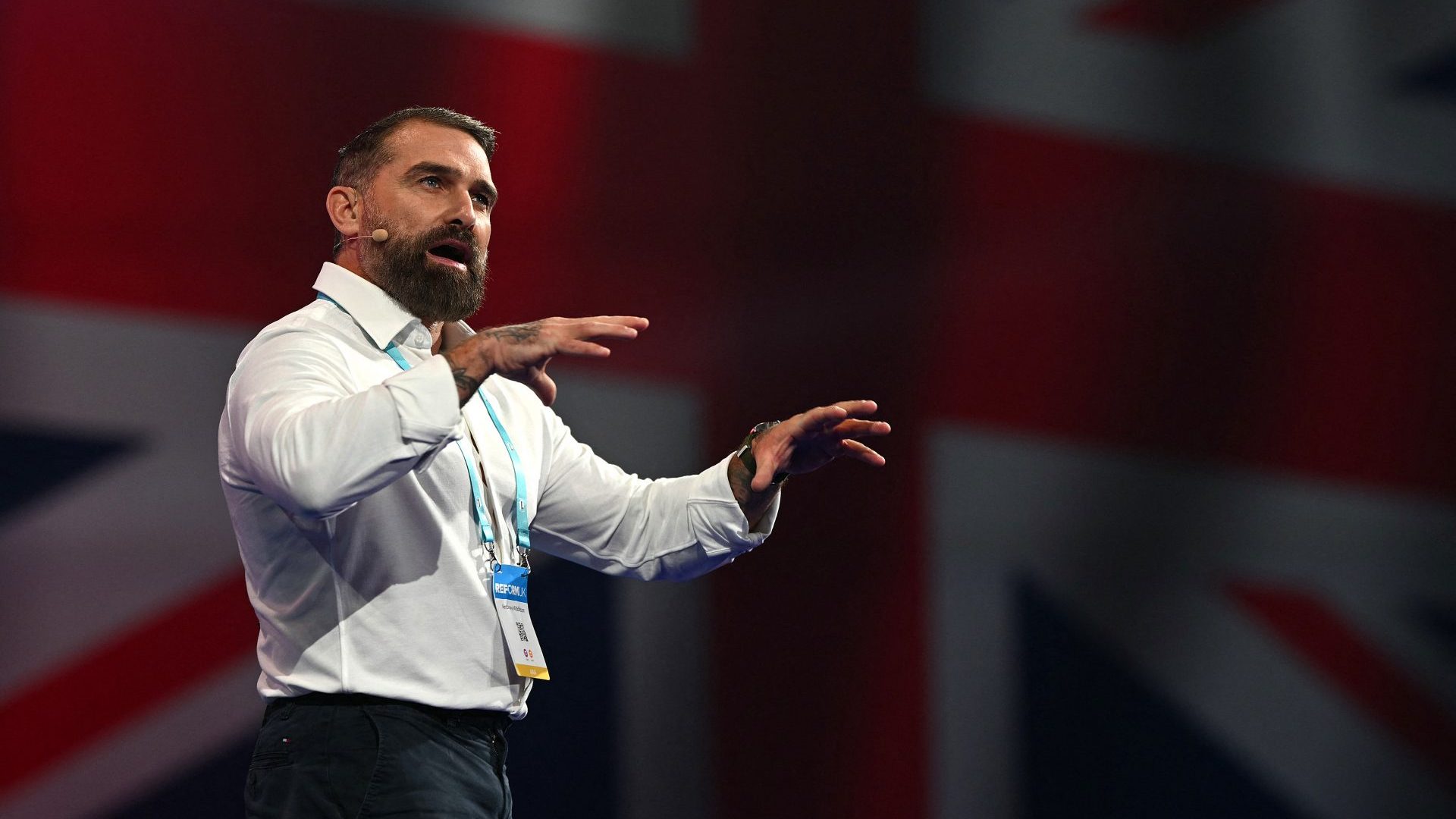What is the correct way of writing the family name Tchaikovsky?
The world-famous classical composer of the music to the Nutcracker Ballet and the Pathétique Symphony was born in Russia in 1840. It seems that he also had Ukrainian and Polish ancestry, as well as some French and German blood on his mother’s side, but his native language was certainly Russian. So perhaps the only truly correct way of writing his name, even when it is embedded in the middle of a passage of English prose, would be to spell it as he did himself, using the letters from the Russian version of the Cyrillic alphabet: Чайковский.
The Cyrillic alphabet is widely used across Eurasia to write many Eastern European Slavic languages, including Ukrainian, Byelorussian, Russian, Bulgarian, Serbian and Macedonian, though not Polish, Slovak, Slovenian or Croatian. It also has a history of being used for non-Slavic languages of the former Soviet Union, such as the Turkic languages Kazakh and Uzbek. There are several versions of the Cyrillic alphabet, incorporating different letters, accent marks and diacritics depending on the needs of the particular language.
But writing Чайковский in the middle of a text which was otherwise written in the Latin alphabet would not be entirely satisfactory, since we can suppose that very many anglophone readers would be unable to decipher this without some difficulty. So the obvious approach would be to replace the Cyrillic letters with those from the Latin alphabet – that is, to transliterate it into the English-language writing system.
Transliterated spellings of the composer’s name in various other European languages which employ the Latin alphabet include Chaikovski (Spanish), Ciajkovskij (Italian), Csajkovszkij (Hungarian), Czajkowski (Polish), Čaikovskis (Latvian), Tjajkovskij (Swedish), Tšaikovski (Estonian), and Txaikovski (Catalan).
Suggested Reading


We’ve been living in a fantasy world for centuries
But there is an obvious question concerning our usual English version –Tchaikovsky – namely: why do we usually transliterate this name so as to have it beginning with the letter T? There is absolutely no need to do this in English-language texts, because the Cyrillic letter Ч that occurs at the beginning of the great composer’s surname represents the Russian “ch” sound which is not significantly different from the English sound we use in words such as church.
In French, on the other hand, the CH combination represents the same sound as English SH, as in the French words chapeau “hat”, chemin “path” and chat “cat”, so the French transliteration as Tchaïkovski makes sense. Similarly, there is no CH sound in German, where the usual transliteration of this name is Tschaikowski. This is why the French and German words for Chechen, for example, are spelt respectively Tchétchène and Tschetschenisch.
But the question remains as to why, in English, we do not write the family name of Pyotr Ilyich as Chaikovsky – what is the letter T doing there? It is surely not necessary for English-speaking readers. After all, we write the name of the renowned Russian playwright Anton Chekhov without an initial letter T.
The answer could be that, somewhere along the line, someone made the decision not to transliterate Tchaikovsky’s name directly from Russian into English but to go via French and/or German, languages which were at the time more prestigious in the world of classical music than English or Russian.
Cyrillic
The Cyrillic alphabet itself was developed during the 9th century AD, probably by disciples of two bishops, the brothers Cyril and Methodius, who were from Salonika (Thessaloniki), which is now in Greece but lies in a region where there were significant populations of speakers of South Slavic languages. The script is supposedly named in honour of one of the brothers, Saint Cyril.




